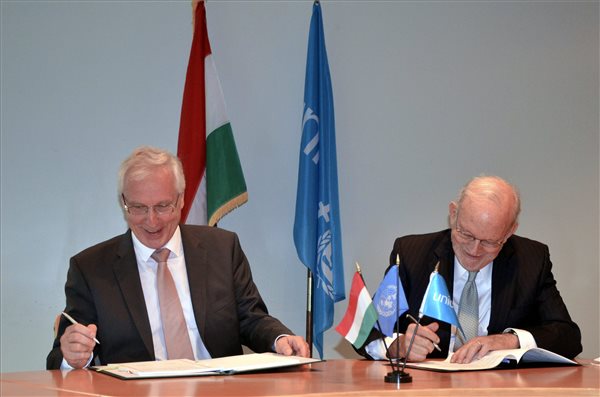UNICEF
UNICEF Innocenti Report ranks 41 EU and OECD countries, Hungary 32th

UNICEF: Violent crimes against Hungarian children total 15,000

Hungary at midfield in UNICEF report on inequality among children

Agreement signed on UNICEF Global Services Centre in Budapest

Hungary bids to host UNICEF service centre

UNICEF: Hungarian Children Unfamiliar with Rights

Ombudsman Outlines Responsibilities

New Website To Help Children’s Safe Web Browsing





 ZH
ZH IT
IT DE
DE HR
HR NL
NL FR
FR JA
JA RO
RO RU
RU ES
ES TR
TR
